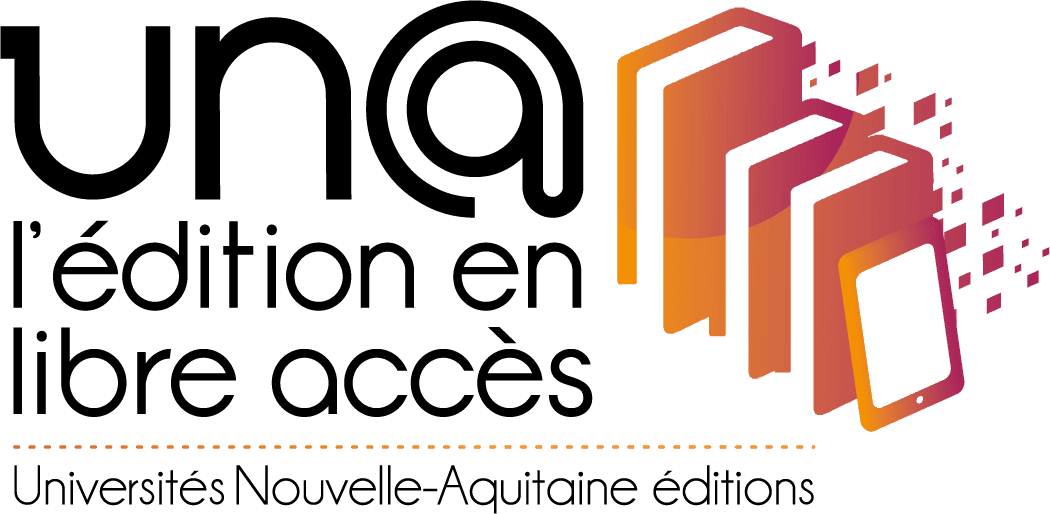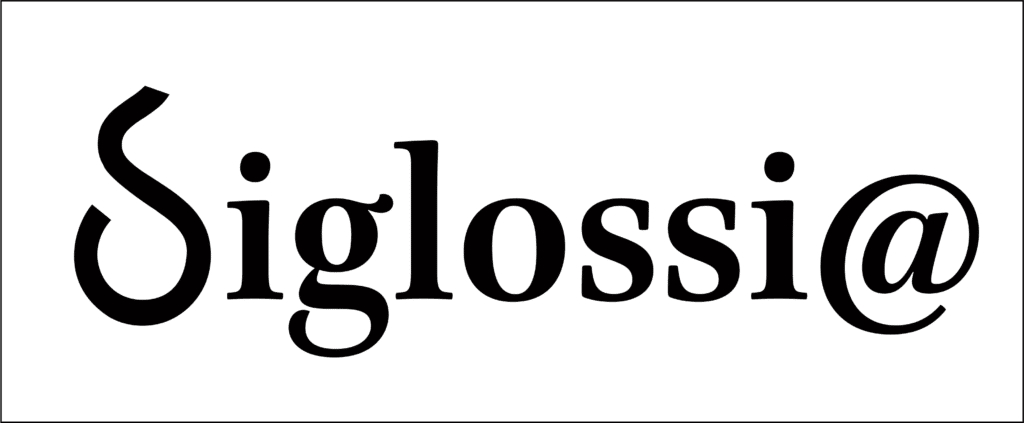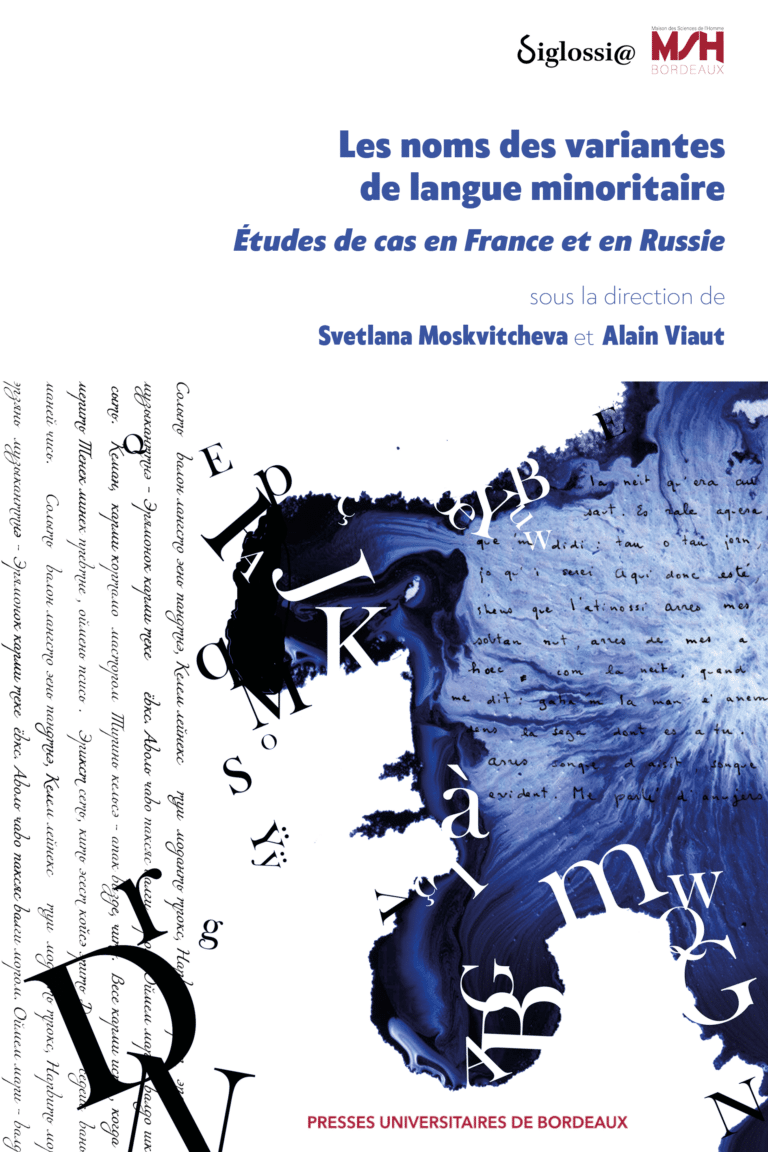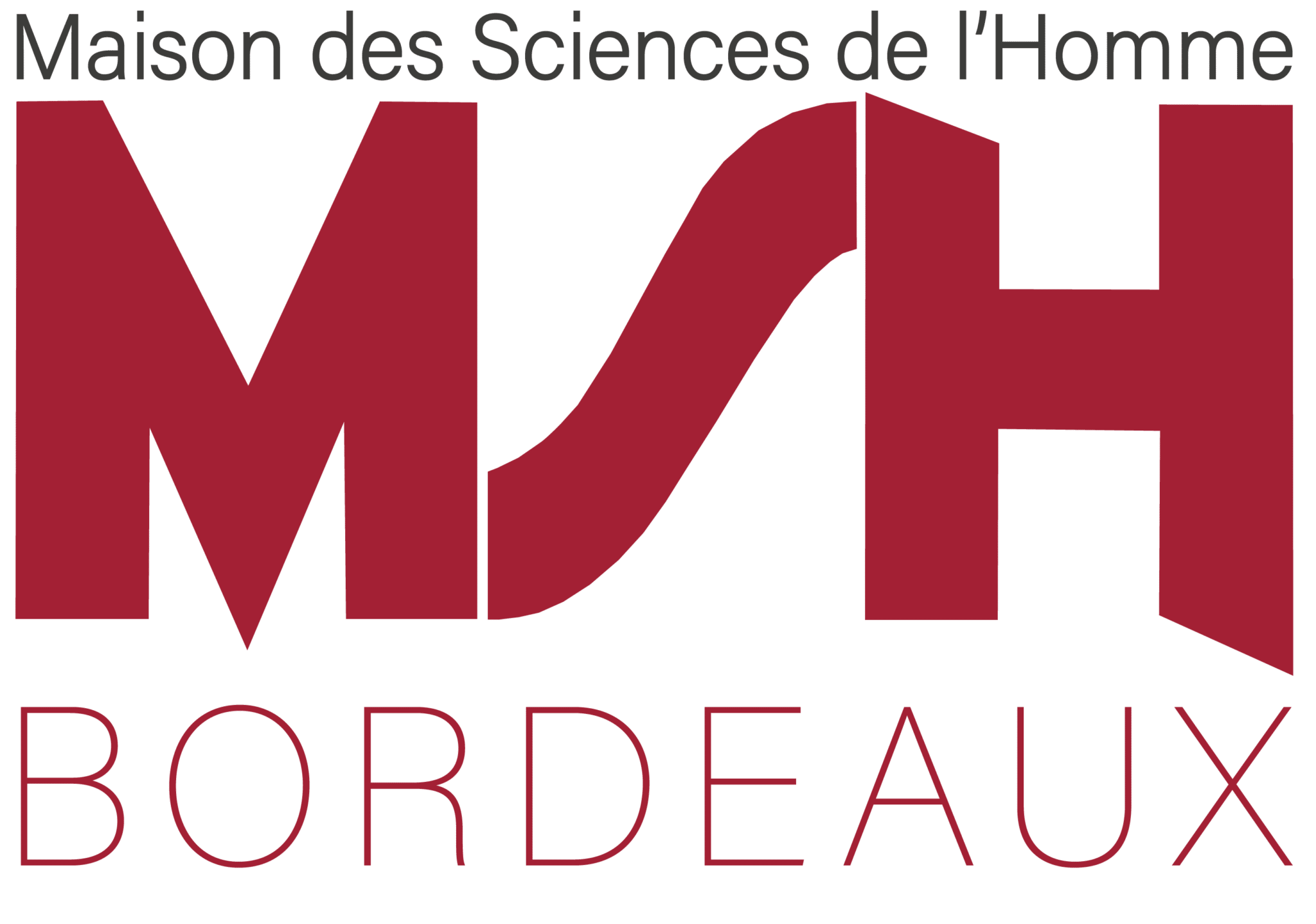Résumé
Cette contribution commence par un rappel des diverses dénominations en basque de toute langue en général : soit un emprunt au latin VERBUM pour le basque « berba », soit une motivation sur les termes désignant la notion de mot, avec « hitz », dans « hizkuntza » (langue, langage), « hizkera » (discours, élocution) ou la notion de parole, avec ele, dans elestan (parlant, qui parle), soit, comme dans bien des langues, une désignation construite sur le nom de la langue en tant qu’organe anatomique, « min-, mihi– », dans « mintzaira » (langue, langage). Est abordée ensuite la désignation de la langue basque elle-même qui a recours à un vocable unique sous diverses variations dialectales : « euskara » et variantes, « heuskara », « euskera », « üskara » et dont le sens premier serait « être en train de parler ». Nous signalons l’état de grande dialectalisation historique de la langue basque et les appellations de ses divers dialectes et de leurs locuteurs, appellations construites sur un nom géographique de province et un suffixe ayant un sens d’origine ethnique comme –tar, –ar, –era. Cependant, l’aire géographique des dialectes ne correspond pas exactement à celle des provinces historiques du domaine basque. Nous réservons plus loin un sort à la nomination des langues voisines, parfois stigmatisante, en particulier à l’égard de l’occitan sous sa variante gasconne. Nous traitons également de la question particulière des locuteurs ou locutrices dits « xarnegu » qui savent le français, le basque et l’occitan gascon, ce qu’on semble leur reprocher. Enfin, nous signalons l’imaginaire dialectal relatif aux divers dialectes et une certaine hiérarchisation par les bascophones entre ces expressions vernaculaires, dans une sorte de dialectologie perceptuelle que la création à partir des années 1960 d’un basque standard est en train de transformer ou tout au moins de gommer en partie.
Mots clés : basque, langue, dialecte, glossonyme, hiérarchie.
Endoglossonyms and exoglossonyms in the Basque domain:
permanences and trends
Abstract
This contribution begins with a reminder of the various denominations in Basque of any language in general; either a borrowing from the Latin VERBUM for the Basque berba, or a motivation on the terms designating the notion of word, with hitz , in hizkuntza (language), hizkera (speech, elocution), or the notion of spoken word, with ele, in elestan (speaking), or, as in many languages, a designation built on the name of the tongue as anatomical organ, min-, mihi- in mintzaira (language). The designation of the Basque language itself is then approached, which uses a single word in various dialectal variations: euskara and variants, heuskara, euskera, üskara and whose primary meaning would be “to be speaking”. We point out the state of great historical dialectization of the Basque language and the designations of its various dialects and their speakers, designations built on a geographical name of province and a suffix with a meaning of ethnic origin such as -tar, -ar, -era. However, the geographical area of the dialects does not correspond exactly to that of the historical provinces of the Basque domain. We reserve a fate further on for the designation of neighboring languages, which is sometimes stigmatising, in particular with regard to Occitan in its Gascon variant. We also deal with the specific issue of called Xarnegu speakers who know French, Basque and Gascon Occitan, which seems to be blamed on them. Finally, we point out the dialectal imaginary relating to the different dialects and a certain hierarchy by Basque speakers between these vernacular expressions, in a kind of perceptual dialectology that the creation from the 1960s of a standard Basque is in the process of transforming or at least in part erasing.
Keywords: basque, language, dialect, glossonym, hierarchy.
Эндоглоссонимы и экзоглоссонимы в баскском ареале:
стабильность и изменения
Аннотация
В начале данной главы дается обзор различных номинаций на баскском языке языка вообще: это может быть заимствованное из латыни VERBUM (в баскском berba) или дериваты, в основе мотивации которых лежит понятие «слово» hitz в hizkuntza («язык», «языковая деятельность»), hizkera («дискурс», «высказывание») или понятие «речь» ele в elestan («говорящий», «тот, кто говорит»). Также возможно, и это отмечено во многих языках, построение номинации на базе названия языка как анатомического органа min-, mihi– в mintzaira («язык», «языковая деятельность»). Далее в главе затронуты вопросы наименования собственно баскского языка, для которого существует единственная номинация, формы которой варьируются в зависимости от диалекта: euskara и варианты heuskara, euskera, üskara. Исходная семантика данной номинации «находится в состоянии говорения», «говорить сейчас». В исследовании отмечен факт исторически большой диалектальной раздробленности баскского языка и, как следствие, существование большого количества названий диалектов и их носителей. Данные названия, построены по модели «топоним+суффикс»: название провинции и суффикс со значением «принадлежность к этносу» –tar, –ar, –era. Необходимо отметить, что географический ареал диалектов и территории баскских исторических провинций в точности не совпадают, поэтому в главе также рассматриваются вопросы, связанные с судьбой номинаций соседних языков. Иногда эти номинации являются стигматизирующими, в частности, по отношению к окситанскому языку в его гасконском варианте. Также в главе затронуты вопросы, связанные с носителями языка, в частности, с так называемыми xarnegu, говорящими на французском, баскском и на гасконском варианте окситанского, что, как представляется, их сближает. Наконец, мы перейдем к диалектному воображаемому, связанному с различными диалектами и некой иерархией, выстраиваемой баскофонами в отношении этих вернакулярных идиомов в духе перцептивной диалектологии, которая трансформируется или частично исчезает под влиянием создания начиная с 60-х годов стандартного баскского языка.
Ключевые слова: баскский язык, язык, диалект, глоссоним, иерархия.





